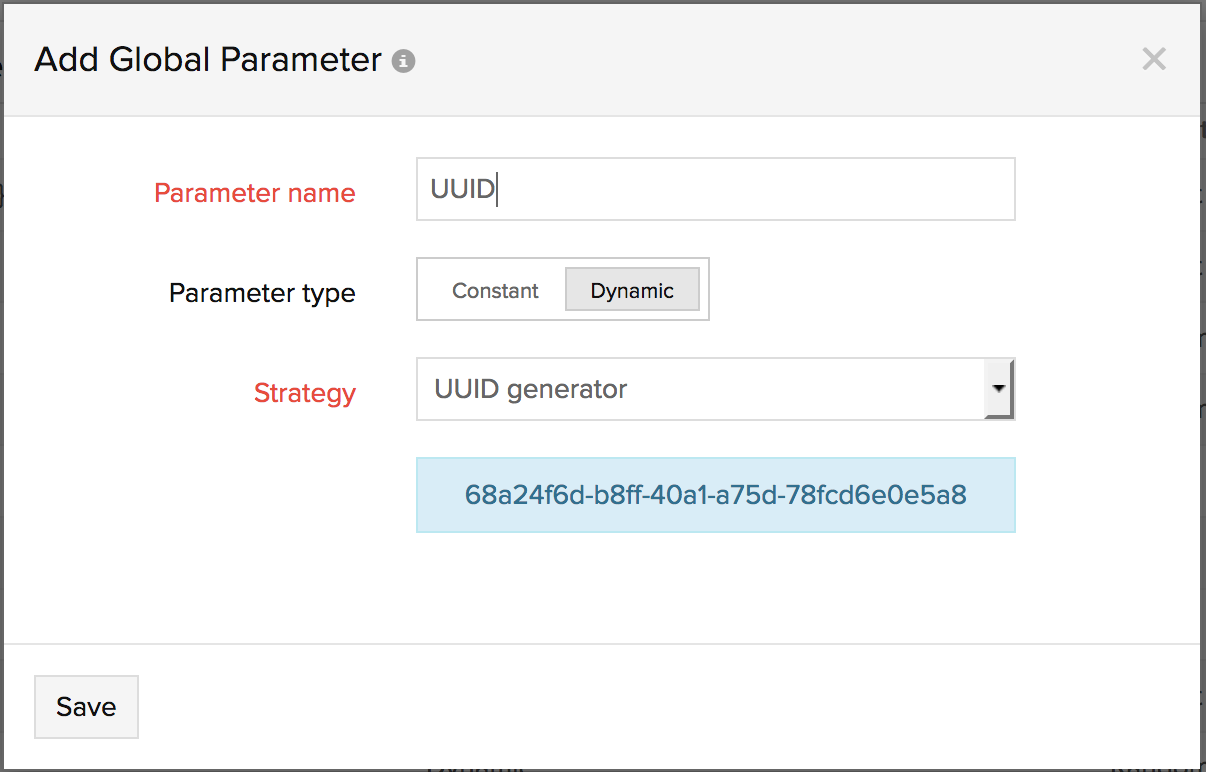
We need to change the behavior of our POJO to JSON converter. Server_1 | at .(InvalidDefinitionException.java:77) ~

Server_1 | .exc.InvalidDefinitionException: No serializer found for class .bytebuddy.ByteBuddyInterceptor and no properties discovered to create BeanSerializer (to avoid exception, disable SerializationFeature.FAIL_ON_EMPTY_BEANS) (through reference chain: com.uuid_1.UserProfile$HibernateProxy$Ixbdxk4D)

Spring Data JPA: Replace multiple queries with a single query.
#JPA UUID GENERATOR HOW TO#
So our entity would look like this: import java.util. How to Make Unique ID Generator Microservice Using. Create a package-info.java file in that folder. In this post, I’ll show you why you should not rely on the AUTO GenerationType strategy if you’re Hibernate application uses MySQL. In my example below, the jpa package name is . As I already mentioned, you should never use the TABLE identifier generator since it does not scale properly. Generating the UUID is easy, all we need to do is: UUID.randomUUID(). 68 - Spring Boot : How to use UUID instead of Long UUID as Primary Key Almighty Java 10.4K subscribers Subscribe 9. We want to make our UUID generator available for all our JPA entities, so we will create a package-info.java and register our Generator there.
#JPA UUID GENERATOR CODE#
As mentioned above we’d like to do this on the application code so we can have immutable entities.

: rvice() for servlet in context with path threw exception nested exception is .exc.InvalidDefinitionException: No serializer found for class .bytebuddy.ByteBuddyInterceptor and no properties discovered to create BeanSerializer (to avoid exception, disable SerializationFeature.FAIL_ON_EMPTY_BEANS) (through reference chain: com.uuid_1.UserProfile$HibernateProxy$Ixbdxk4D)] with root cause The first thing we need to do is generate the UUID. In this tutorial, well discuss how to handle auto-generated ids with JPA. Server_1 | 14:58:11.262 ERROR 1 - o.a.c.c.C. Identifiers - JBoss WebHibernate supports identifier value generation across a number of different types. Hibernate: select userprofil0_.id as id1_0_0_, userprofil0_.display_name as display_2_0_0_ from user_profile userprofil0_ where userprofil0_.id=?


 0 kommentar(er)
0 kommentar(er)
